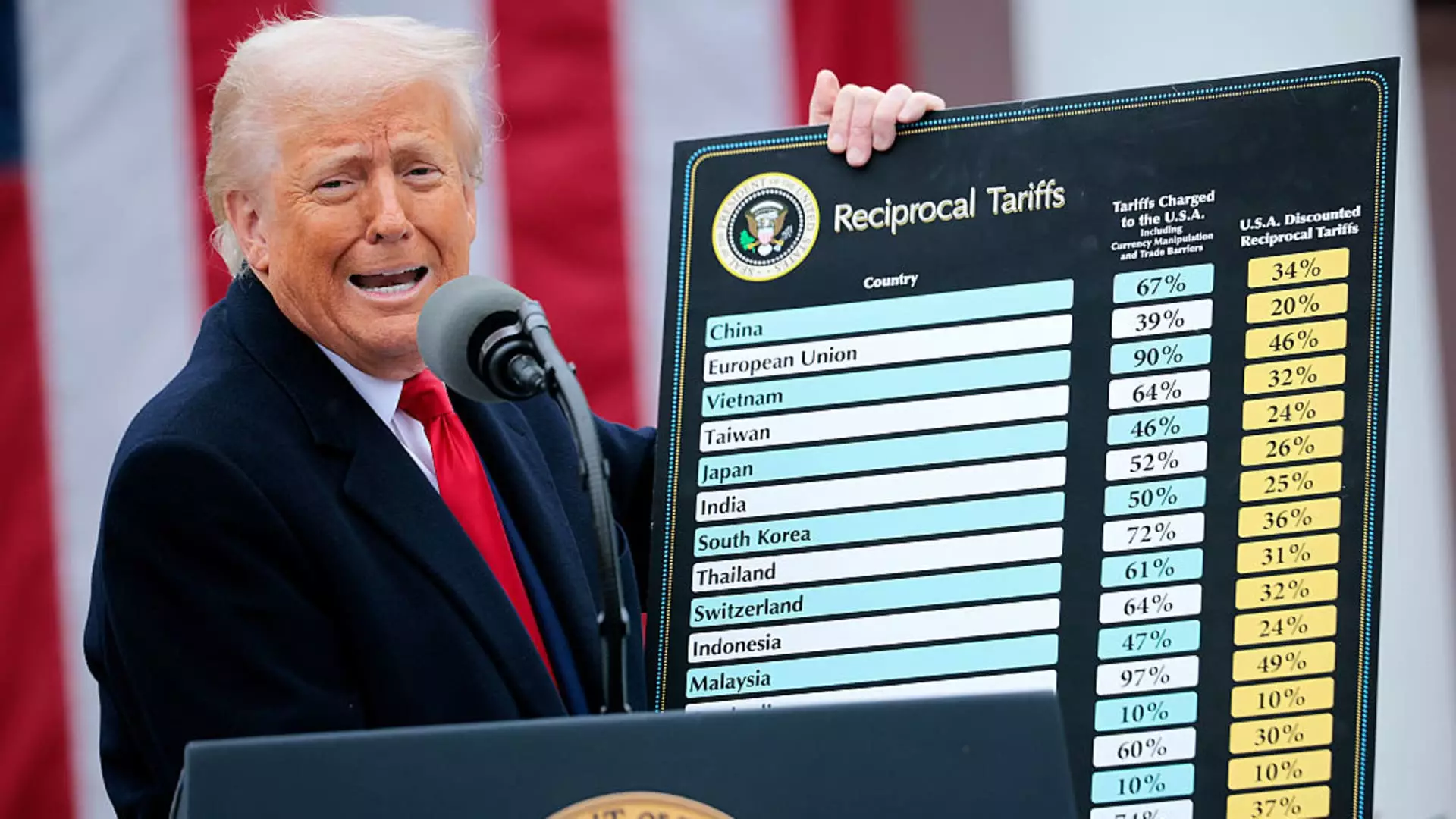In a landmark judgment, a federal court has taken a sledgehammer to President Donald Trump’s economic policy by invalidating his recent tariffs. This development is a crucial reflection of the balance of power in the American political system and underscores the importance of legal frameworks in dictating economic policy. The court concluded that Trump’s use of the International Emergency Economic Powers Act (IEEPA) was an overstep—an excessive interpretation of a law intended to respond to actual emergencies. The judiciary’s intervention here serves as a reminder that the rule of law is a sturdy wall against arbitrary executive action.
This isn’t just a legal technicality; it resonates with the very foundations of American democracy. Trump’s tariffs, touted as a mechanism to protect domestic industries, were effectively dismantled without any legal grounding to support their existence. The judicial rebuke to the president’s tariffs exposes a troubling trend: an administration cavalierly circumventing established norms for immediate political gain. This ruling momentarily liberates American businesses entangled in an unpredictable trade war, highlighting the danger of arbitrary economic policies that can abruptly alter market dynamics overnight.
The Ripple Effects on the Economy
While this ruling acts as a wake-up call, it’s essential to ponder the broader implications for the economy. Tariffs function not merely as taxes but as weaponry in the larger geopolitical chess match. When wielded without full consideration and diplomatic nuances, they can have damaging ripple effects—one that is notably detrimental to consumers and businesses alike. By stoking trade tensions and uncertainty, Trump’s approach had already affected pricing, supply chains, and international relations. This ruling, therefore, doesn’t just invalidate tariffs; it challenges the very ethos driving a segment of contemporary economic thought.
The court made it abundantly clear that these tariffs were “unlawful.” This should serve as a rallying cry for those advocating for a more measured and lawful approach to trade. It’s a reminder that the economy thrives best when policies are predictable and just. Businesses operating under uncertain conditions face immeasurable struggles, which ultimately may lead to job losses and economic decline. The judicial branch has bravely taken a stand, advocating for these principles by disrupting what’s been termed “Trafficking Tariffs” spewed forth from this administration.
The Future of Economic Policy Under Scrutiny
As the dust settles, one must contemplate the ramifications of this ruling on Trump’s broader economic agenda. The potential for appeal by the White House looms, but the very act of contesting the decision only signifies a deeper disregard for the principles of democratic governance and shared checks-and-balances. The law must serve as a boundary, ensuring that one branch does not eclipse the others, especially when lives and livelihoods are at stake.
With this ruling, we can see a flicker of hope for a recalibration of economic policy that aligns with democratic ideals rather than self-serving whims. Can we expect an embrace of responsible governance, or will economic policies be marred by further legal squabbles and retaliatory tactics? Only time will tell, but for now, the brakes have been applied to an agenda that seems to thrive on chaos and defiance of legal norms. The judiciary’s clear stance can potentially pivot future administrations—if they are willing to adhere to the constraints of law and the boundaries of their authority.


Leave a Reply